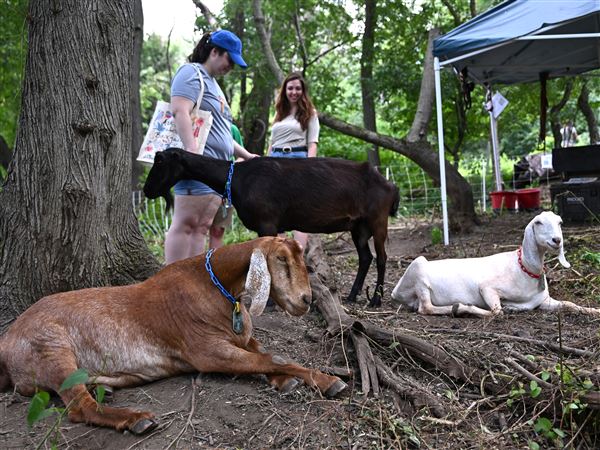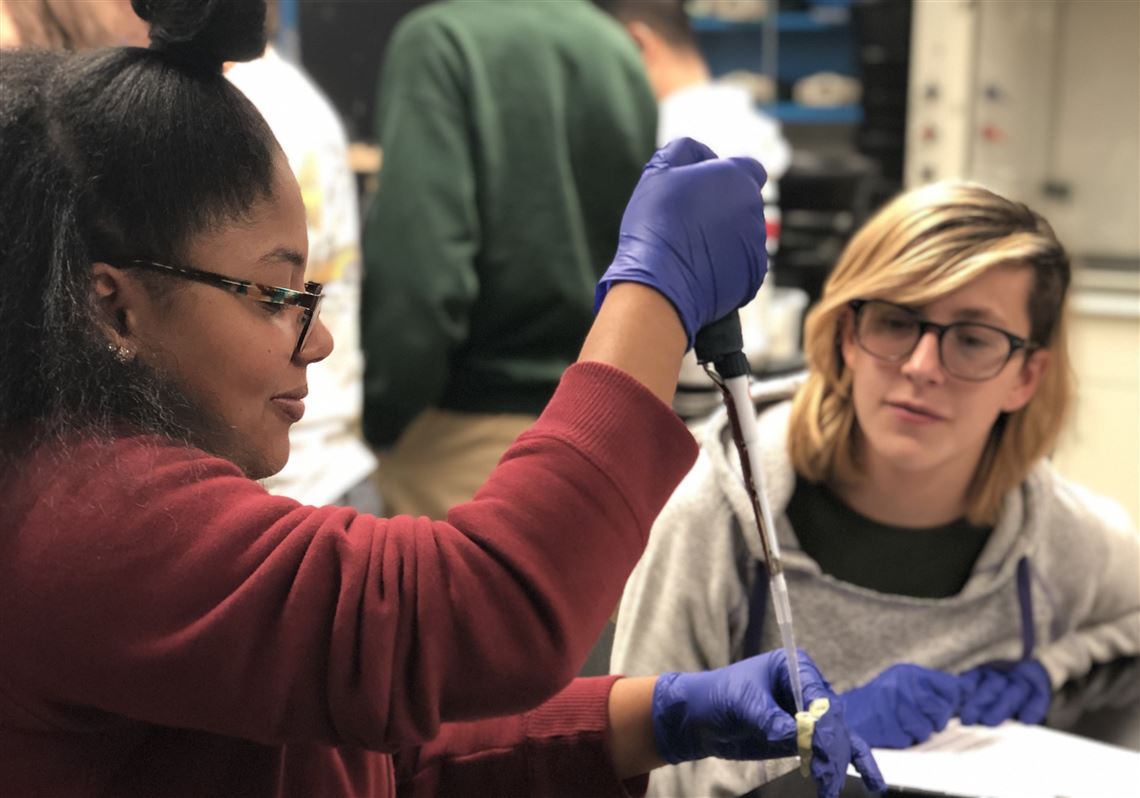Disparities by race and ethnicity within the STEM fields of science, technology, engineering and math show up well before college, continue on campus and affect the workforce, experts say.
Addressing that enrollment and success gap, and promoting a more robust pipeline in STEM for various underrepresented groups, are reasons why the National Science Foundation Tuesday announced a $10 million grant to a team of University of Pittsburgh researchers and an outside group.
The Pitt researchers are part of the university’s Broadening Equity in STEM (BE STEM) Center, located in the Kenneth Dietrich School of Arts and Sciences.
It and an organization called the STEM Learning Ecosystem Community of Practice (SLECoP) have been chosen to create a network of precollege programs with accreditation standards, officials said.
The five-year grant will establish Pitt as headquarters for a national collaborative of “precollege programs, STEM educators, college admissions professionals and other stakeholders committed to increasing racial and ethnic diversity in STEM,’’ university officials said in a statement announcing the award. “It will also support the creation of an accreditation model to communicate the validity of these precollege programs to college admissions officers.”
The work should help raise the profile of these precollege programs among college admission offices, suggested Alison Slinskey Legg, principal investigator and co-director of Pitt’s BE STEM Center.
The National Academy of Sciences has found that the fastest-growing population segments are the least represented in STEM fields, Pitt officials said. The number of racially and ethnically underrepresented students in science and engineering fields would have to triple to match their share in the population, university officials said.
Pitt cited a recent NSF report as one view of the imbalance. It found that excluding temporary visa holders, the number of science and engineering degrees awarded to white students increased between 2000 and 2015, though their share slipped from 71% to 61%. The share awarded to Hispanic students increased from 7% to 13%, and the share of degrees increased for Asians from 9% to 10%. The share earned by black students — at 9% —has been flat since 2000.
A number of precollege programs nationwide already help expose students to college and to fields they might not otherwise pursue, said Alaine Allen, co-principal investigator. Among them is Pitt’s Investing Now, in which 150 students annually attend quarterly advising sessions, tutoring, hands-on science and engineering workshops, college planning sessions and career awareness activities.
David Boone, another co-investigator and assistant professor in Pitt’s medical school, said there is a benefit to college admissions officers understanding what is accomplished in precollege programs.
“At Pitt, we are able to demonstrate that board scores such as the SATs are more predictive of a student’s race or ethnicity than their persistence in STEM, so we need to find a metric that better predicts success,” he said. “We believe that successful participation in STEM precollege programming is one such metric.”
Bill Schackner: bschackner@post-gazette.com, 412-263-1977 and on Twitter: @Bschackner.
First Published: September 17, 2019, 11:32 a.m.

















